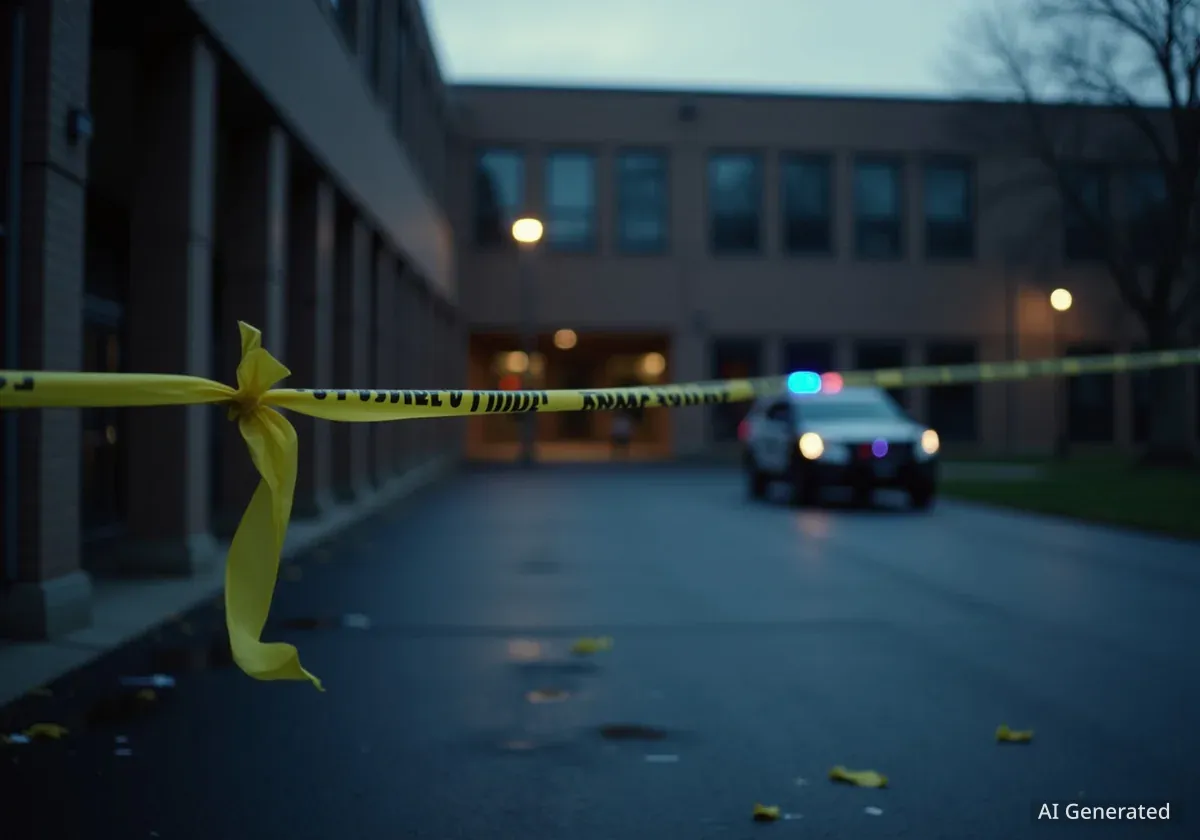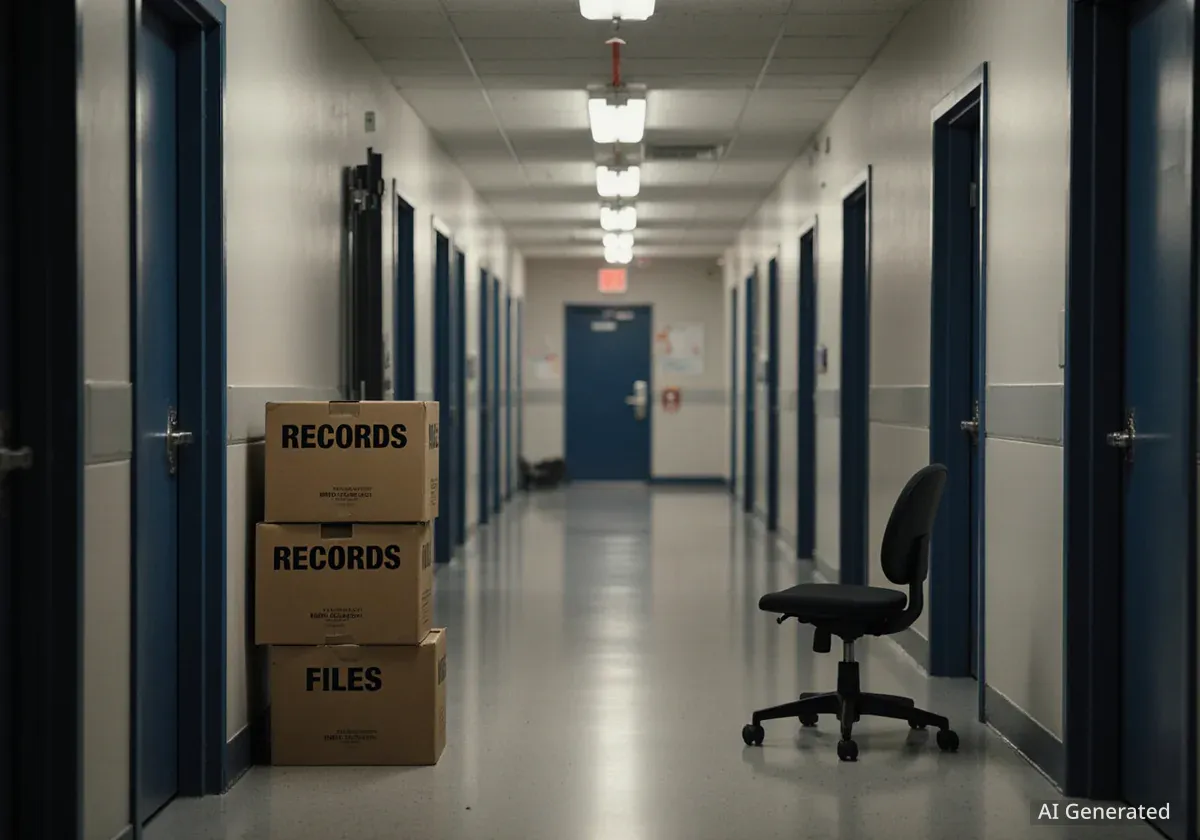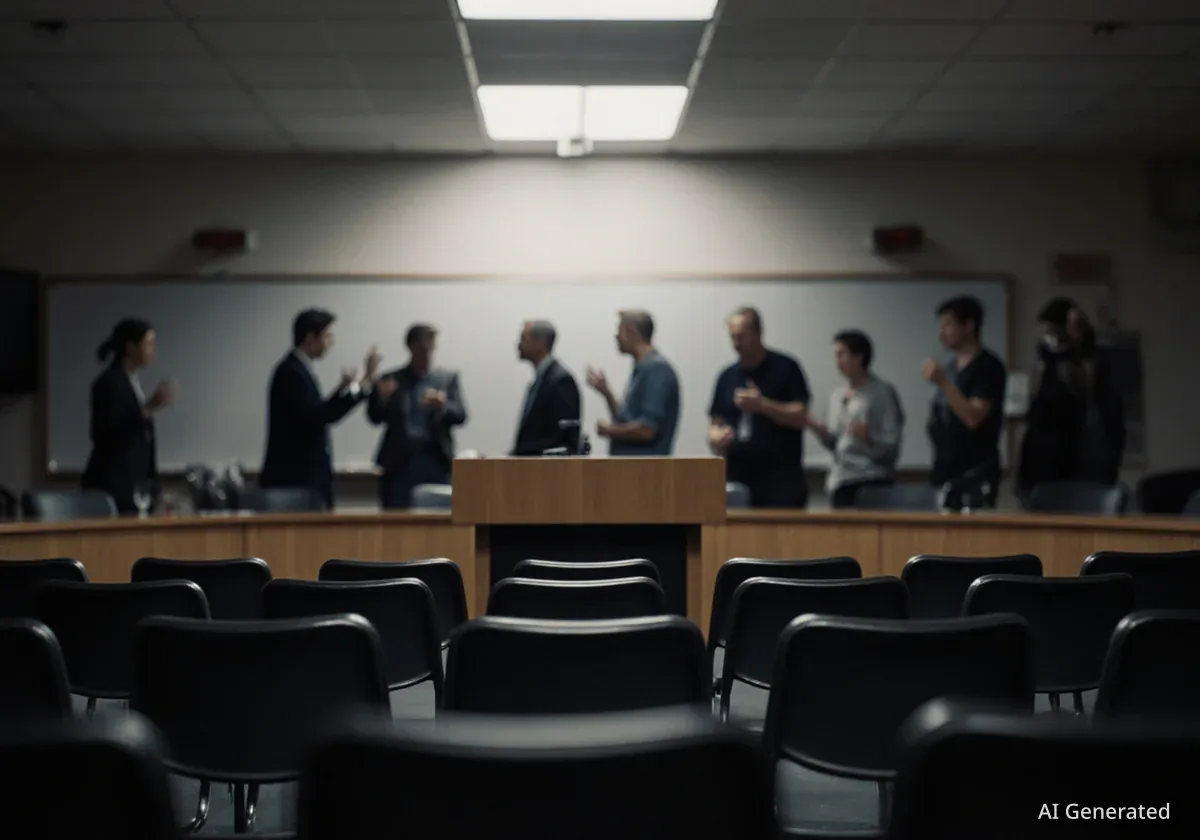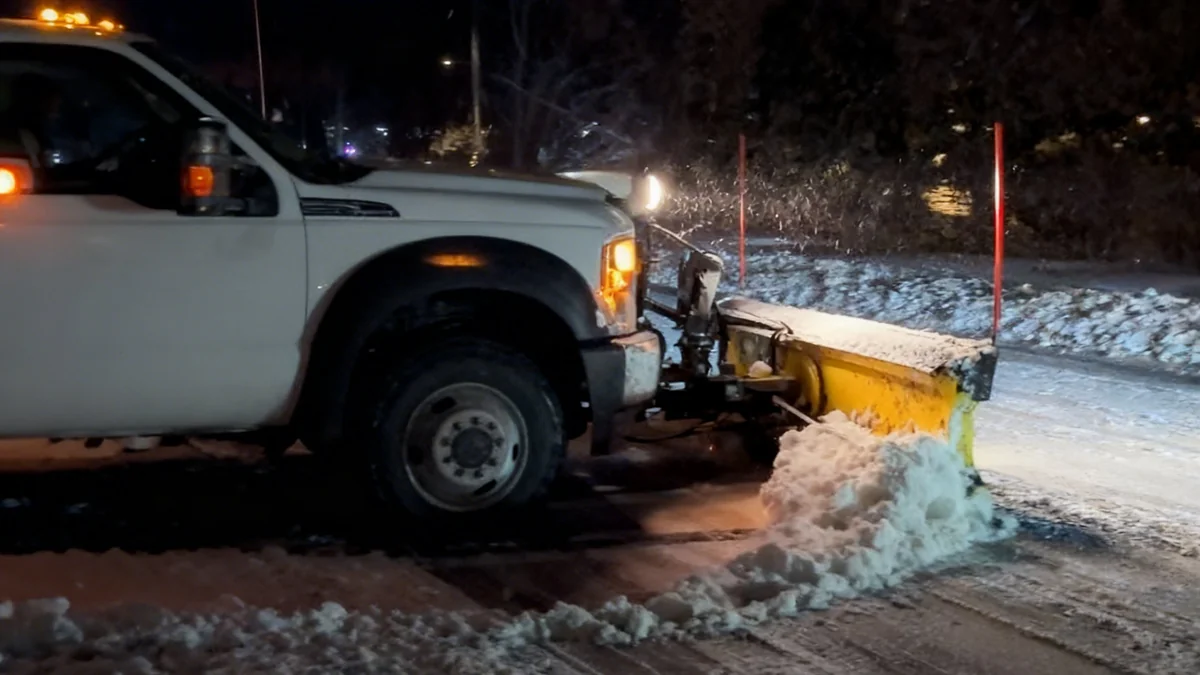Authorities in Hendersonville, Tennessee, are taking a hard line against a popular end-of-year student tradition. The Hendersonville Police Department and Sumner County Schools have issued a joint warning that pranks associated with “Junior/Senior Wars” will be treated as criminal offenses, a policy that has already resulted in the arrest of several students.
Key Takeaways
- Hendersonville Police and Sumner County Schools are treating “Junior/Senior Wars” pranks as crimes.
- Several students have already been arrested for property damage and vandalism related to the tradition.
- Officials warn that even acts without permanent damage can lead to criminal charges.
- Parents have been directly notified by the school superintendent about the serious consequences.
Authorities Classify Student Pranks as Crimes
An annual tradition known as “Junior/Senior Wars,” where high school students engage in competitive pranks, has prompted a serious response from law enforcement and school officials in Sumner County. The Hendersonville Police Department has publicly stated that these activities are not harmless fun but are instead being investigated as criminal acts.
The department clarified that actions often associated with these “wars,” such as tampering with or defacing private property, legally constitute vandalism. This classification means that students involved can face significant legal trouble, regardless of their intent.
What Are 'Junior/Senior Wars'?
“Junior/Senior Wars” is a term for an unsanctioned, competitive tradition among high school upperclassmen. It often involves teams of students from the junior and senior classes carrying out pranks against each other. While some activities are harmless, they can escalate to include property damage, trespassing, and other illegal acts.
Even if no permanent damage is done to a property, investigators have emphasized that students could still be charged. The focus is on the act of vandalism itself, which can include anything from spray-painting to covering a house in plastic wrap or toilet paper without the owner's permission.
School District Confirms Student Arrests
The warnings from law enforcement are not theoretical. Dr. Scott Langford, the Superintendent and Director of Sumner County Schools, confirmed the severity of the situation in a direct message sent to parents and guardians across the district.
"Several students have already been arrested in recent days for property damage and vandalism tied to grade wars," Dr. Langford stated, reinforcing the message that these actions have immediate and serious consequences.
The superintendent's message aimed to dispel any notion that these activities are simply high school antics. By confirming that arrests have already taken place, the district is signaling a zero-tolerance policy in partnership with local police. This collaborative effort underscores a unified front to protect community property and ensure student accountability.
The Legal Consequences for Students
A criminal charge for vandalism can have lasting effects on a young person's future. Depending on the extent of the damage, the charges can range from a misdemeanor to a felony in the state of Tennessee. The value of the property damaged is a key factor in determining the severity of the charge.
Vandalism in Tennessee
Under Tennessee law, vandalism is defined as knowingly causing damage to or defacing any real or personal property of another without their consent. Penalties can range from fines and community service for minor offenses to potential jail time for felony-level damage exceeding several thousand dollars.
Beyond the immediate legal penalties, a criminal record can create significant long-term obstacles for students. These can include:
- College Admissions: Many college applications require applicants to disclose any criminal history, which could impact their acceptance.
- Scholarships and Financial Aid: Certain convictions can make a student ineligible for federal financial aid and private scholarships.
- Future Employment: A criminal record can appear on background checks, potentially limiting job opportunities for years to come.
- School Disciplinary Action: In addition to legal charges, students often face suspension or expulsion from school for off-campus actions that violate the student code of conduct.
A Unified Message to the Community
The joint effort between the Hendersonville Police Department and Sumner County Schools is designed to prevent further incidents and educate families on the risks. Officials are urging parents to have direct conversations with their children about the difference between a harmless prank and a criminal act.
The core message is one of prevention. Authorities are not just reacting to incidents but are actively trying to stop them before they happen. They stress that the goal is not to punish students but to protect them from making decisions that could negatively alter the course of their lives.
By making the consequences clear, both the police and the school system hope that students will reconsider participating in activities that could land them in the back of a police car instead of at their graduation ceremony. The warning serves as a reminder that actions have consequences, and what starts as a “war” between classes can end with a very real legal battle.





